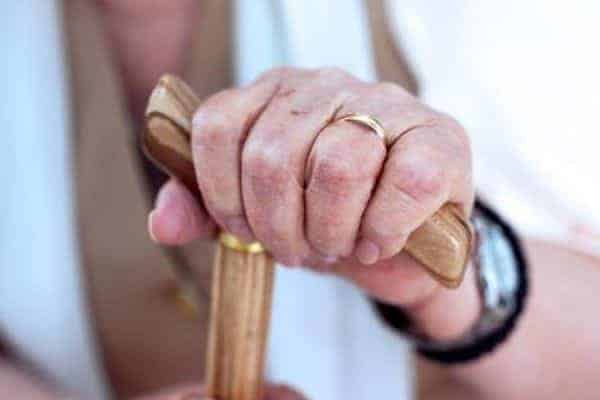Find out the different ways that caring for a sick relative or loved one can affect your own health, and how you can feel better with the right support and help.
Numerous studies have shown there is a direct link between a family burden, such as providing care for an older family member, and mental health.
This is likely no surprise to you if you are caring for somebody who is unwell. The role of carer for a family member can involve a wide variety of feelings, including some that are difficult to deal with.
However, it is also important to note that providing such help can be very rewarding and create a new bond with the relative that you did not have before.
All in all, it is certainly a journey of ups and downs providing care to a loved one, and it is important to recognise that your emotions are important and valid. The sooner you are able to identify the effect your role has on your well-being, the sooner you can get help and you can continue to be a fantastic carer to your relative.
Unique Issues Only A Carer Faces
Caring for somebody who is unwell means you are met with unique issues only somebody in your position will face. You have to cope with the many different physical and emotional demands of the role, which is exhausting for anyone but even more so as you are likely to be older too.
You also have to be very organised with medications, and you’re probably dealing with social workers and coping with all the finances as well.
Perhaps you feel a bit like you’ve been dropped into this role completely unprepared, and you are struggling to cope, or even admit that the situation is affecting you because you feel like you should be able to cope.
Common emotions experienced by family care-givers include, but are not limited to:
- Stress
- Intense tiredness
- Exhaustion
- Sadness
- Depression
- Anxiety
- Guilt
- Bitterness
- Resentment
- Shame
- Anger
If you feel any of these feelings, you must not punish yourself for that. It is so common to feel these things and simply recognising that these feelings exist is the first step to helping deal with them.
You Deserve Support And Help
It is totally normal to be challenged by the role of care-giver to a sick relative and for it to take its toll emotionally. It is important that you allow yourself the opportunity to deal with these emotions and to get the help you need.
In the first instance, an afternoon with a friend for a coffee and a chat, some exercise and maybe even a short break could be all you need. Just having the opportunity to let off some steam is really important. However, it may be you need further support in which case, there are many resources available to help you. Consider getting in touch with the following:
- Your GP – they will be able to point you in the right direction for support, care and perhaps even respite services and help that the NHS can provide
- Carers UK
- Carers Trust
- NHS UK
- Age UK
Your position helping care for a loved one is very valuable; caring for a sick relative is important but your well-being is important too.
The first step to feeling better is to reach out and get some help, for a better future for you, and the person you care for.





3 Comments. Leave new
All too often we help people at crisis point, normally driven by guilt and a huge sense if responsibility. In order to care for others well, caring for yourself is key,
Really good topics discussed and useful links.
Hey Anna, great article !